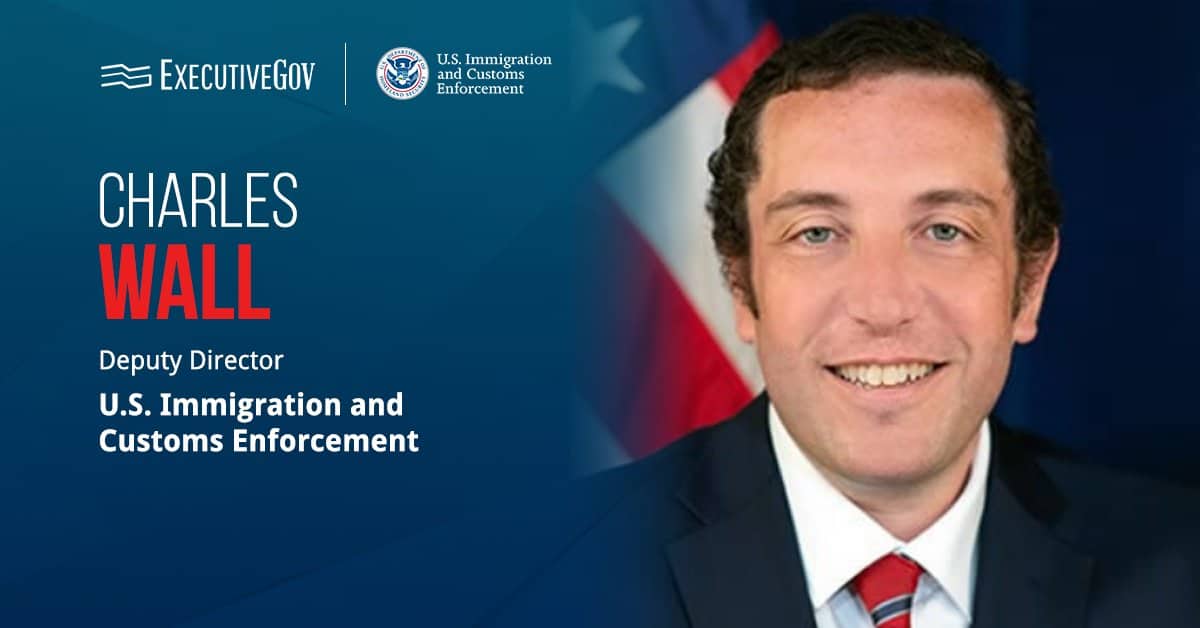
Stephen Rice, deputy chief information officer at the Department of Homeland Security, will assume the role of acting DHS CIO on Sept. 1, FCW reported Monday.
He will succeed Richard Staropoli, who will leave DHS after three months in the CIO position.
Rice previously served as assistant administrator for the Transportation Security Administration‘s Office of Information Technology and Chief Information Officer.
Before that, he was deputy CIO and assistant administrator at TSA for more than four years.
He also spent nearly 10 years at the U.S. Secret Service, then left the federal law enforcement agency for a stint as a network consultant in the private sector.
Rice then returned to the federal government as a Commerce Department security program manager and later joined TSA.





